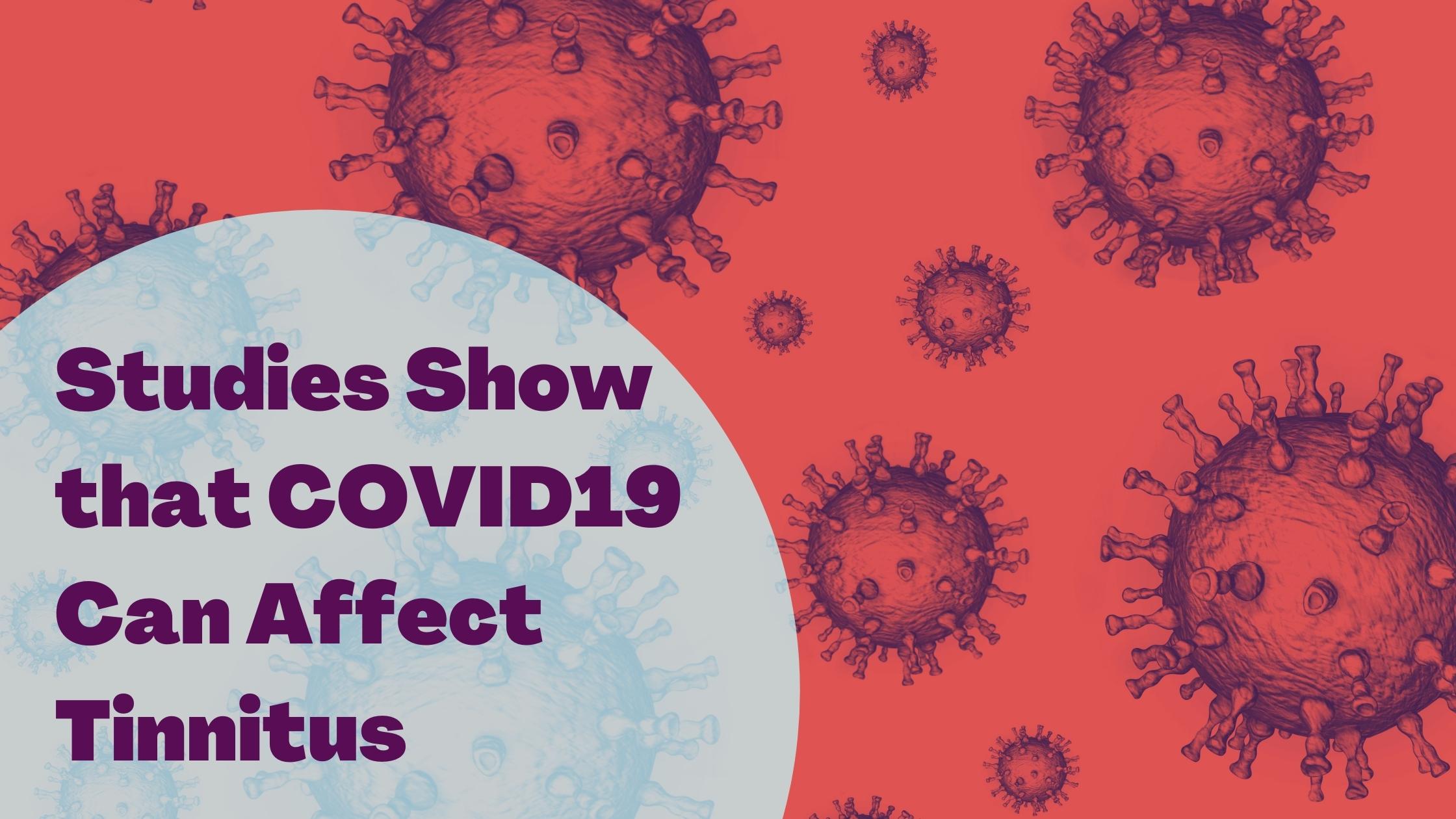As we know, COVID-19 comes with a wide range of rather mysterious symptoms. What was once thought to be a respiratory virus primarily affecting the ability to breathe has now shown symptoms in a wide range of other systems of the body. Not only is the peripheral nervous system affected in some cases, but surprising symptoms such as the inability to smell or taste have been traced to many cases, as well. What makes this virus so difficult to identify, treat, and prevent is that it can be asymptomatic in many people, as well. Some researchers asked themselves if there was any connection between COVID-19 and hearing ability. Although they have not yet identified any direct connections with hearing ability, they do believe that there are connections with tinnitus. Let’s look at one study that has linked COVID-19 and tinnitus in order to further explore how these two conditions are connected.
Tinnitus Symptoms
First of all, what is tinnitus? If you have ever had ringing in your ears after leaving a concert, sporting event, or loud bar or restaurant, you might have a sense for what tinnitus would feel like. Those who have tinnitus experience the persistent sensation of sound that does not originate from outside the body. In other words, the sound comes from a part of the body near the ear or from within the ear itself. The most common form of tinnitus results from damage to the tiny hairlike organelles of the inner ear called stereocilia. These cell clusters can be broken in a way that causes hearing loss or they can be effectively switched on so that they register the sensation of sound in a constant or near-constant manner.
Direct Connections with COVID-19
The study looked at people who had pre-existing diagnoses of tinnitus to determine if their COVID-19 symptoms also led to worse experiences with the sound of tinnitus. Indeed, 40% of those in the study reported that their tinnitus symptoms got worse in conjunction with COVID-19 symptoms. Although this statistic seems straightforward enough, we are left to wonder how these symptoms connected with tinnitus. Was this relationship due to a direct connection, or were there indirect factors that stood between COVID-19 and the worsening of tinnitus?
Indirect Connections with COVID-19
During the COVID-19 pandemic, many people found themselves in unusually isolated circumstances. With many workplaces, businesses, schools, places of worship, and cultural institutions closed, many parts of the world became significantly quieter. Those who have tinnitus will tell you that the symptoms can be worse when there are no other noises present. When we are listening to traffic, television, or others’ voices, our attention moves away from tinnitus symptoms. However, the quiet of a bedroom before falling asleep can make the tinnitus symptoms feel like they are at their worst. Camping and mediation are other environments known to make tinnitus feel like it is worse than ever. One possible explanation for the worsening of tinnitus symptoms in the last year has to do with the relative quiet of life’s circumstances.
Another indirect relationship that experts describe has to do with social isolation, loneliness, poor sleep, lack of exercise, depression, anxiety, irritability, and financial stress of the pandemic period. Indeed, each of these factors increased for many people in the year 2020, and each of these have been linked to tinnitus, in turn. It is difficult to tell if COVID-19 has a direct relationship with worsening tinnitus or if these intervening factors are the real culprits.
The good news is that there are steps you can take to reduce and treat tinnitus. Many people are successful with masking tinnitus during quiet moments through the use of televisions, white noise machines, or nature sound effects. However, these measures don’t work for everyone, and they can be annoying to others at home. If you or someone you love has untreated tinnitus, you can contact your hearing health professional for an assessment of your needs and the treatments that are available. Many of the latest hearing aids can double to mask tinnitus by producing an additional tone that effectively cancels out the sound of ringing, buzzing, whirring, whooshing, roaring, or another sound that persistently comes from within the body.

